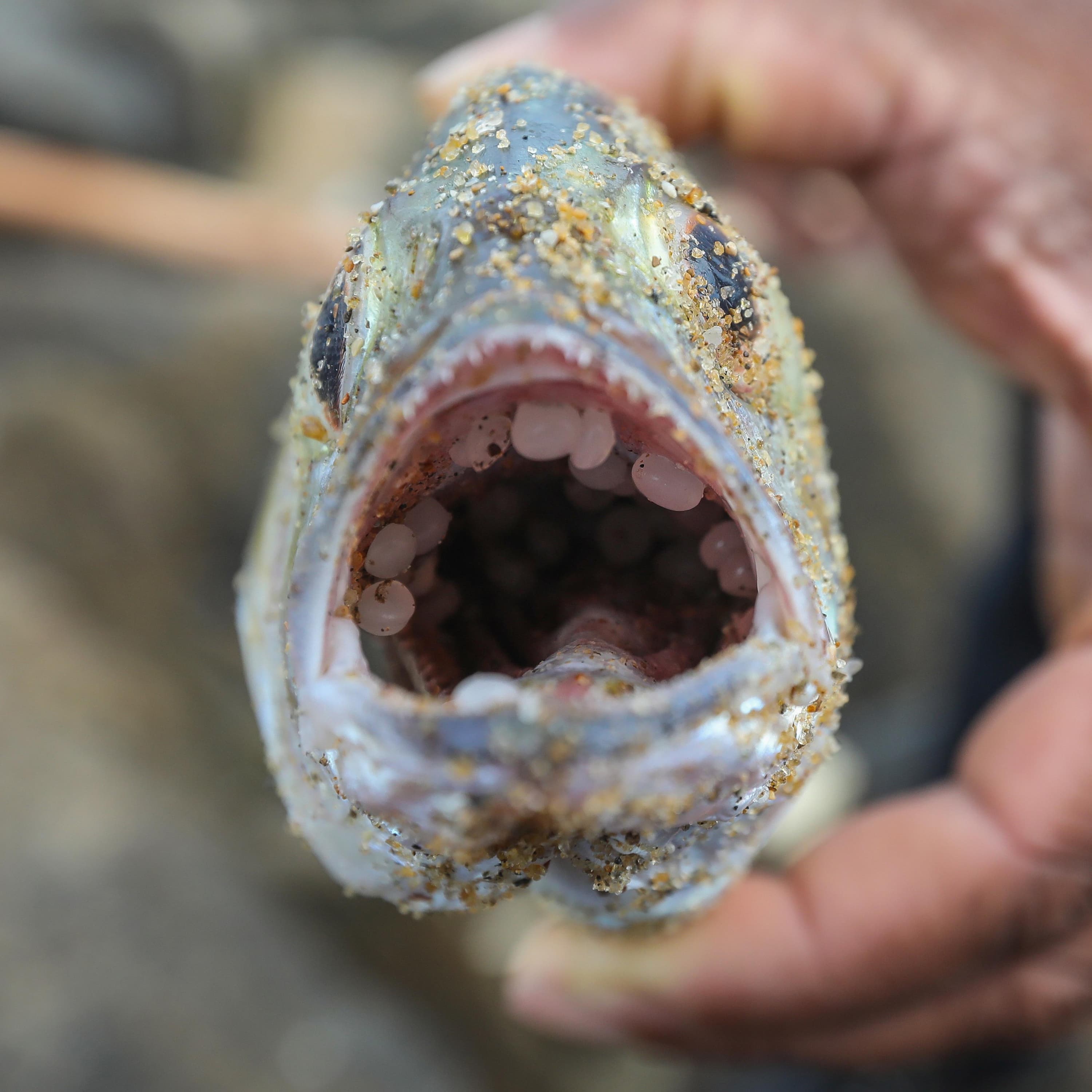
The Wuhan outbreak: Science Weekly podcast
Loading player...
A new virus, never before seen in humans, has emerged from the city of Wuhan in China. Since the start of the outbreak, the virus has spread to more than seven countries and more than 500 people have been infected. Hannah Devlin speaks to Ian Jones, professor of virology at the University of Reading about what the virus is, and Rosalind Eggo, assistant professor of infectious disease modelling at the London School of Hygiene and Tropical Medicine, on how to mitigate its spread.. Help support our independent journalism at theguardian.com/sciencepod




